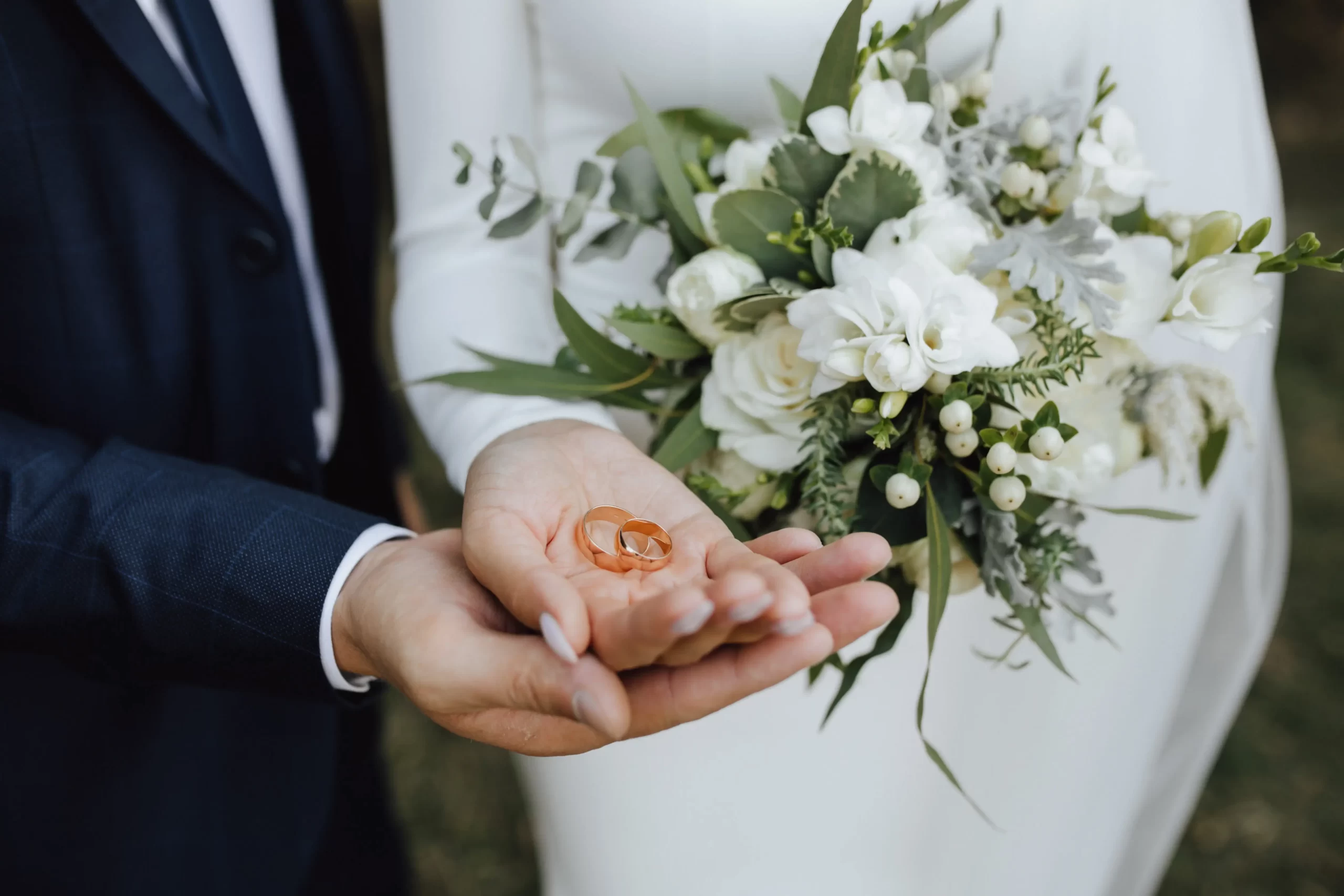- Karachi
- Lahore
- Islamabad
- Leads, UK
- Reading, UK
- Quebec, Canada
Mehar (Mahr or Mehr) in Islam is the right of bride/wife. Mehar (Mahr-Mehr) is also defined in the Holy Quran. Haq Mehr is paid in case of divorce, necessarily. Mehar/Mahr in Islam is the money or possessions that the groom must pay to the bride when the couple marries (the way and when to pay are determined by certain circumstances). A Mehar/Mahr can be money, jewelry, home goods, furniture, a dwelling or some land, but can also be anything agreed upon by the bride. Marriage contracts usually specify the Mehar/Mahr to be paid.

“Mehar/Mahr is more closely translated as “dower,” which refers to the payment from the husband or his family to the wife, particularly in case of the death of the husband, although the wife gains inheritance rights when she marries. There are two major differences between Mehar/Mahr and dower: (1) Mehar/Mahr is required for all Islamic marriages, whereas dower is optional, and (2) Mehar/Mahr must be stipulated at the time of marriage (if not paid immediately), whereas dower is not specified until after the husband’s death. Mehar/Mahr can also be classified as the bride’s wealth, which is described by anthropologists as payments from the groom’s family to the bride’s family; in contrast, Mehar/Mahr is paid directly to the bride, not to her parents. Mahar, as a bride’s legal property, establishes her financial independence from her parents and in many cases from her husband, who does not have any legal claim to her Mehar/Mahr.
Mahar is incorrectly translated as “dowry” or “bride price” in many cultures since Mehar/Mahr differs from dowries. Bride price is money or property that is paid by the groom to the parents of a woman upon her marriage, usually provided by the groom’s family, as opposed to the woman herself. In most cases, a woman’s dower consists of the money or possessions she brings to her wedding, normally provided by her parents.
The husband must still pay an equitable sum to the wife even if the marriage contract does not contain a specific Mehar/Mahr. Several times in Quran and Hadith, a Mehar/Mahr is referred to as mandatory.
It is common for the bride to receive the Mehar/Mahr in installments. The amount given to the bride at the time of signing of the marriage contract is called a muajjal (which is paid at the time of marriage-nikah), and the amount that is promised but not paid is called a ghair-e-mu’ ajjal (unpaid) (which is paid at the completion of the marriage). Delaying payment does not make the Mehar/Mahr less legally enforceable. According to the regional fiqh and school of Islamic jurisprudence, there are differences in Mehar/Mahr, the definition of a proper contract, and the conditions of enforcement.
In most Muslim marriage contracts, a Mehar/Mahr is included. It can be divided into two parts. A muqaddam is the first document a bride must receive after her marriage ceremony, which is the prompt Mehar/Mahr. Mehar/Mahr also includes a deferred and promised amount, called mu’akhar, payable after the marriage has been consummated. In many cases, the amount deferred is greater than the amount paid at marriage. It is believed that the deferred amount provides a means of support to the wife in case of death or divorce of the husband, but this is actually a more traditional practice than a legal one. In addition to the initial dower payment, mu’akhar is equally important, as it is an obligation that the husband must fulfill, and it is considered debt if not delivered within the timeframe agreed to by the couple.
Mehar/Mahr, the right of the wife in any Islamic marriage contract, cannot be revoked by the husband. Because it is a religious requirement, the deferred Mehar/Mahr must be paid from the estate of the deceased before any other debts.
Several hadiths state that “one gold piece” must be paid in Mehar/Mahr, yet the amount of the Mehar/Mahr is often negotiated by the parents of the bride and groom (also known as), and the parties usually draft Mehar/Mahr agreements by filling in the blanks of form contracts with boilerplate terms. The traditional Muslim Mehar/Mahr contains a marriage contract, which includes the name of the parties, the amount of the Mehar/Mahr, the signature of the cleric, the signatures of two male witnesses, and a disclaimer that Islamic law governs the contract. In Islamic marriage, the husband may only accept the wife’s assets after paying the Mehar/Mahr.
In the Arabian world, there are varying interpretations of Mehar/Mahr containing marriage contracts, highlighting the differences between Maliki, Hanbali, Hanafi, Shafi, and Jafari schools of Islamic jurisprudence. According to the Hanafi School, if the wife initiates the divorce (khula) she cannot claim Mehar/Mahr regardless of whether the husband is at fault or not, but according to the Maliki School, if the husband initiated the divorce, the wife doesn’t forfeit her claim to Mehar/Mahr regardless of whether she initiated it. Both schools disagree on how many witnesses should be present to witness the signing of the contract. For a Mehar/Mahr containing contract to be valid, the Hanafi School requires witnesses on the document, whereas the Maliki School holds that witnesses must be present only at the marriage’s publication.
